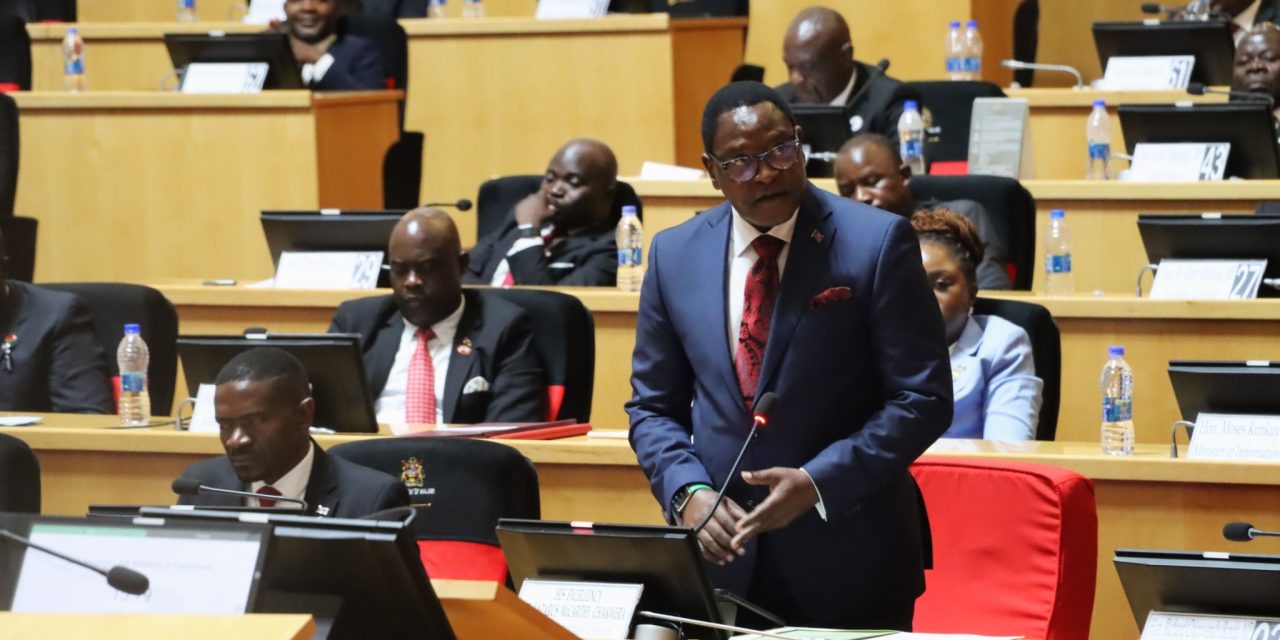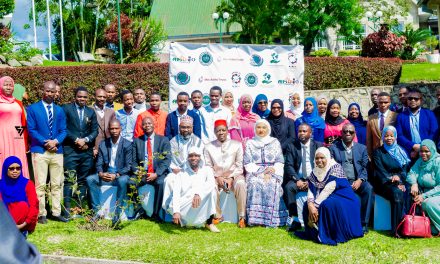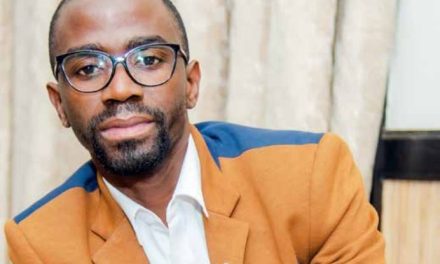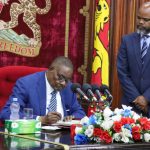
Promises in Peril: The Question Chakwera Avoided.

By Fareedah Muheya
A critical question posed in Parliament to President Lazarus Chakwera has stirred a national debate, with many questioning the administration’s priorities and commitment to its campaign promises.
On Wednesday, December 18, Machinga East MP Esther Jolobala asked the president to clarify whether his campaign promise of “three meals a day for all” remains a priority or if it was mere political rhetoric. Jolobala cited reports of severe hunger across the country, where some Malawians have resorted to eating Chitedze to survive.
However, due to time constraints, President Chakwera was unable to address this question during his scheduled appearance in Parliament, a session he attended in accordance with Sections 89 (3) and (4) of the Constitution and Parliamentary Standing Order 70A. Leader of the House Richard Chimwendo Banda announced that the president would not be granted additional time to respond to the remaining questions on the order paper.
This decision sparked outrage among opposition Members of Parliament, who argued that the session should have been extended given the urgency of the hunger crisis. Jolobala was particularly critical, accusing the president of showing lack of concern for Malawians’ struggles. “This was his chance to address a critical issue affecting millions, and he chose silence,” Jolobala remarked.
The Leader of the Opposition also expressed his disappointment, emphasizing that this was the first time the president had skipped a question during these sessions. “Malawians deserved a response. The government’s failure to prioritize such a pressing matter raises serious concerns about its commitment to the people,” he said.
What Happened in Parliament: A Missed Opportunity
The events in Parliament revealed not just a lapse in addressing the hunger crisis but also a growing disconnect between the administration and the citizens it serves. The question was not just about food—it was a litmus test of the government’s priorities, especially as the nation grapples with economic instability, food insecurity, and public discontent.
The President’s decision to leave the question unanswered has left many wondering whether the promise of “three meals a day” was ever realistic or achievable. Analysts argue that the failure to respond could further erode public trust in the government and amplify frustrations over unfulfilled promises.
Implications for the 2025 General Elections
As Malawi heads toward general elections in September 2025, moments like these could have significant political repercussions. The inability to address such a critical question may serve as a rallying point for opposition parties, who are likely to frame the administration as out of touch with the realities on the ground.
For voters, this incident transcends the parliamentary floor. It reflects a broader narrative of unmet expectations, with hunger and poverty symbolizing deeper systemic failures. Whether the government can rebuild trust and realign its priorities in time for the elections remains to be seen, but one thing is clear: the people are watching, and they are hungry—not just for food, but for accountability.

































